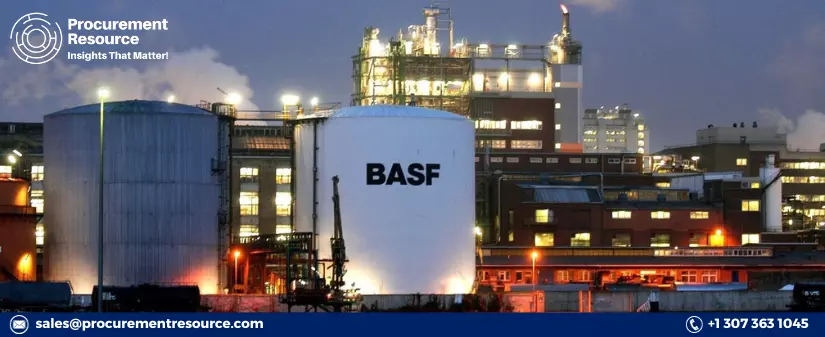The Collaboration Between BASF and Svante Technologies Inc. Sets New Benchmark in Carbon Capture Domain

BASF, a leading name in the chemicals and industrial solutions realm, has reached a pioneering milestone by producing metal-organic frameworks (MOFs) on an unprecedented scale. This breakthrough, with an annual production reaching several hundred tonnes, is set to redefine the way we approach carbon capture. Collaborating with Svante Technologies Inc., a Canadian tech firm, the use of MOFs is projected to have profound implications in managing carbon dioxide (CO2) levels. Their myriad applications range from providing substantial storage for CO2 to playing a pivotal role in room climate control by dehumidifying air, as well as absorbing methane, a potent greenhouse gas.
The journey to this revolutionary spot was a collaborative effort. BASF's multidisciplinary team, which included researchers and engineers, adeptly scaled up a lab formula provided by Svante, turning it into a formidable large-scale production process. This development ensures MOFs are poised to act as resilient sorbents for various carbon capture initiatives. The potential impact of this is vast, spanning multiple industrial areas, from hydrogen and paper production to sectors like cement, steel, aluminum, and chemicals.
Detlef Ruff, occupying a prominent position at BASF, articulated the company's sentiment on this accomplishment. He highlighted the unique capability of MOFs in the global pursuit to counter CO2 emissions and how they resonate with sustainability goals. His assertion suggests that MOFs might be pivotal in turning the tide against escalating carbon emissions, thereby aiding businesses worldwide in their journey to a Net Zero future.
This initiative by BASF isn't just a testament to their innovative spirit, but also underscores their unwavering commitment to championing sustainable solutions. They envision a future where industries operate with heightened environmental consciousness. The intrinsic design of MOFs revolves around gas adsorption, making them formidable allies in carbon capture strategies.
Recent research, in 2022, illuminated MOFs' potential to discerningly trap and store CO2 from various industrial processes, due to their intricate porous structure. In addition, a 2021 study underscored MOFs' efficacy in methane capture, showcasing their versatility in mitigating the effects of multiple greenhouse gases.
According to the article by Procurement Resource, BASF has achieved a significant breakthrough in producing metal-organic frameworks (MOFs) at an unparalleled scale, collaborating with Svante Technologies Inc. This innovation aims to revolutionize carbon capture, addressing CO2 and methane management. MOFs, with their gas adsorption capabilities, can store CO2, dehumidify air, and absorb methane. A result of collaborative efforts, these frameworks are anticipated to have a broad impact across various industries. BASF's commitment to sustainability is evident, with MOFs poised to play a central role in reducing global carbon emissions. Recent studies affirm MOFs' potential in capturing CO2 and methane efficiently.


.webp)
